“Zoning changes to encourage multifamily/multigenerational occupancy serve the economic and social needs of older and younger adult residents in particular.”


“Zoning changes to encourage multifamily/multigenerational occupancy serve the economic and social needs of older and younger adult residents in particular.”

“The decision to begin collecting a stormwater fee was made because, prior to 2019 and 2020, Woodfin had essentially just gotten away with not satisfying the mandatory obligations of its MS4 permit.”

“There are already zoning regulations in place, and further regulation of owners’ property rights in regard to STRs is not needed.”

“One idea that’s missing is: ‘Audit our zoning and development regulations for their ability to support climate-friendly development patterns.’”

“Building more housing — in places where communities, jobs, transit, infrastructure and amenities already exist — is by consensus a key component of the fight against the climate crisis.”

“He heaps venomous scorn, most of it unfair and baseless, on an organization staffed exclusively by conscientious volunteers who selflessly devote their time and energy to doing what they can to preserve and protect the environment of Western North Carolina.”
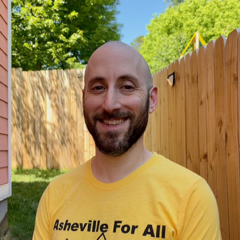
“Residential construction hasn’t kept up with population growth, and the resulting scarcity pushes up rents and home prices. This means that the folks who make Asheville weird, its artists and young people, are being pushed out.”

Court rulings and state laws sometimes mean local governments can’t adopt zoning rules their constituents might like — and in some cases, it’s uncertain just how much authority municipalities have, say Asheville City Attorney Brad Branham and other lawyers working in the field.

“Many activists, citizens, eco-groups, the Urban Forestry Commission and the Neighborhood Advisory Committee are justly appalled by and formally opposed to PUDD’s machination.”

“The primary purpose of zoning laws should be to mitigate these externalized costs, to prevent development from being a burden on the community.”

“The town of Woodfin has obfuscated when it should have been more honest and clear.”
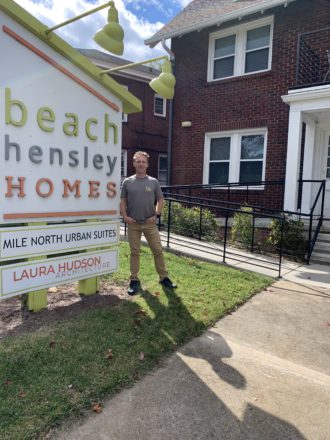
Countless existing structures of every shape and size remain vacant throughout the city, many in decrepit condition after years with no occupants. According to the National Association of Realtors’ Q3 2021 Commercial Real Estate Metro Market Report, 26% of Asheville’s currently available commercial space is vacant, including industrial, multifamily, retail and office properties.

“There absolutely should be zoning rules, restrictions and regulations in Buncombe County that prevent investors, who have no interest in an area beyond making money, from creating these stand-alone STRs in established neighborhoods.”
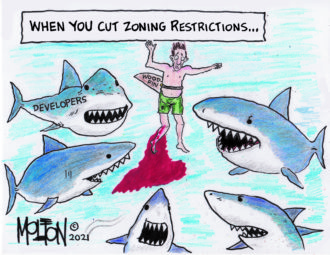

“Every visionary city plan with citizen input here was created exactly to prevent this type of intrusion and destruction.”

“As a neighborhood, many of us would likely extend our heartfelt support for a development project that respects the hard work, discernment and collective visioning of our neighborhood citizens and abides by the present zoning that we have worked so diligently to create.”

“The city of Coral Gables, Fla.. … has been very successful preserving its heritage as well as allowing for the growth that comes with a popular place to live.
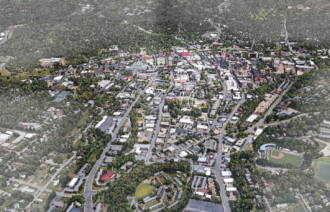
Zoning may not deliver the same zing as other hot-button issues in a competitive election cycle, but it’s among the most crucial discussions Asheville leaders and residents face as the city grows. Each candidate has different ideas about what to do first.

Move over, police, protests and the pandemic: At Asheville City Council’s meeting of Tuesday, Oct. 13, the focus shifts to development (at least according to the agenda).
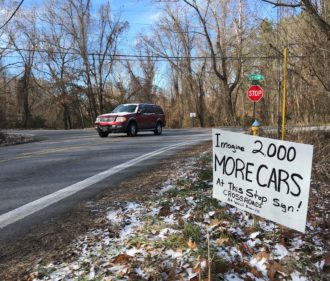
The Buncombe County Planning Board will hear proposals for two massive development projects at its virtual meeting of Wednesday, Oct. 14, at 9 a.m.

Asheville City Council will take a brief respite from conversations about policing and budgets to consider new standards for tree canopy preservation at its meeting of Tuesday, Aug. 25. Three public hearings will address different parts of the proposed standards.